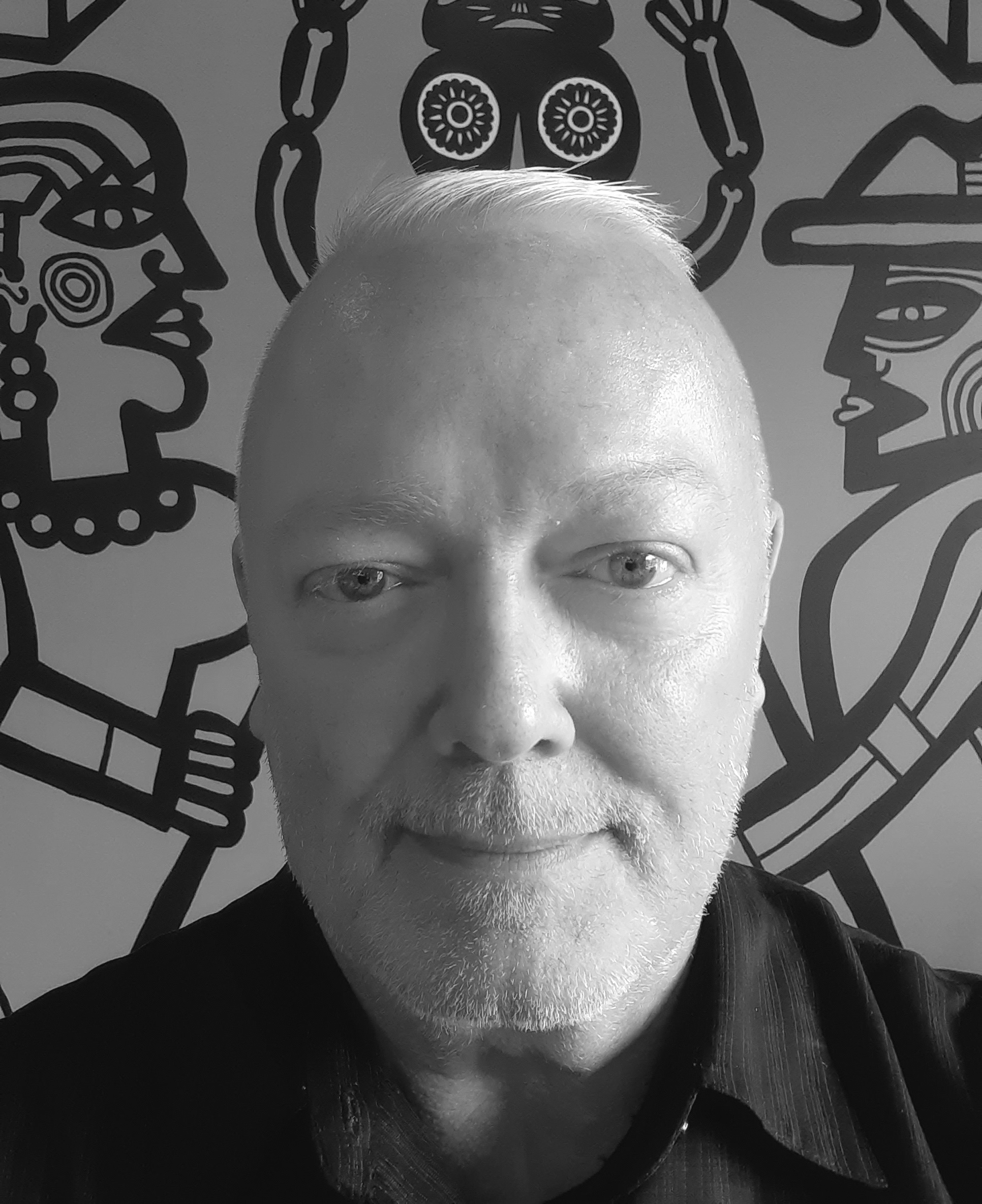Healthcare Professionals Can Suffer from Alcohol Issues, Too
We all want to trust our healthcare professionals. They are privy to intimate details about our lives—our bodies, our minds, our families, our habits, and our lifestyles. People deserve doctors who are trained and competent, and also thinking clearly. But what if those same healthcare professionals also have alcohol issues?
Commenting on doctors who drink occasionally, Physicians Weekly notes, “Nine out of 10 doctors recognize when they’ve reached their alcohol limit and stop drinking. However, an estimated 10% of doctors allow alcohol to adversely affect their overall well-being, health, and medical practices.”
All of us suffer life issues and stress at one time or another. And doctors and nurses aren’t immune to the same kind of health issues that plague the rest of the population. Acknowledging a complex subject, in this article we’ll explore some of the issues that healthcare professionals face—and by extension, the rest of us.
Healthcare Workers Grapple with Overwhelming Stress

Photo by Vladimir Fedotov on Unsplash
Healthcare workers have tough, often unenviable jobs. Being around patients is routinely stressful—never mind being around patients in serious condition and the sad task of dealing with death. COVID-19 has only amplified these miseries. We know one medical assistant who works closely with the so-called “long-haulers”—those who still experience COVID symptoms after they are supposedly cured. His days are physically and mentally exhausting. (PS, his advice: to continue wearing masks and social distancing. “You really do not want this disease.”)
Further, COVID-19 has placed additional, excruciating weight on the healthcare system as a whole. As a result, extra stress can fall on those involved in non-COVID care. Their jobs—difficult under normal circumstances—are made more challenging. Fearing virus exposure, some patients postpone checkups, minor treatments, or elective surgery. COVID also mandates increased precautions, to keep the virus from spreading.
It is not surprising that some professionals—similar to the rest of the population—would turn to alcohol to try to deal with these issues.
Reporting of Colleagues with Alcohol Issues
If a doctor or nurse is obviously impaired, then what? Can a patient file a complaint? Or does the complaint have to come from a colleague? The answer depends on the state in question, and regulations vary widely. Research shows that nursing boards (Boards of Nursing, or BONs) can be difficult to interpret and predict, since they vary widely by state. At the moment, in most states (and ethical considerations aside), treatment providers are not required to report impaired providers.
For example, in California, there are no consistent reporting requirements for those in the healthcare industry. But the California Research Bureau notes “specific conditions under which other entities are required to report information to the Nursing Board.” These fall into three general categories: criminal conviction, discipline by other licensing agencies, or child and elder abuse.
How Nursing Regulatory Bodies Help

Photo by Mick Haupt on Unsplash
At least 24 states require colleagues to report nurses who are impaired (e.g., who are suffering from using too much alcohol). Seven states require administration officials to report the same issue. And 9 states provide civil immunity for those who do report.
Nursing regulatory bodies (NRBs) maintain standards for nursing practice. These organizations have been around for over 100 years. State governments established NRBs to ensure nursing standards and to protect public health. According to the National Council on State Boards of Nursing (NCSBN), “NRBs achieve this mission by outlining the standards for safe nursing care and issuing licenses to practice nursing. Once a license is issued, the NRB’s job continues by monitoring licensees’ compliance to jurisdictional laws. [They then take] action against the licenses of those nurses who have exhibited unsafe nursing practice.”
Professionals Can Be Hesitant to Seek Treatment
If a doctor or nurse is drinking heavily off-hours, and functioning is impaired, they may not want to admit that there is a problem. And that hesitation can include the will to seek treatment. One mental health professional who contacted us recently, confessed that she was slightly ashamed of the whole thing. She thought she should “know better.”
Some healthcare professionals prefer to seek addiction treatment outside their normal work channels. They want to avoid engaging their own doctor or insurance, and sometimes fear losing licensing and credentialing. Of course, this is a sad situation. No one—whether in healthcare or in another field—should feel that they cannot get help.
Resources are Available for Professionals

Photo by Hush Naidoo on unsplash
For healthcare professionals, the American College of Physicians has a page on “Physician Well-being and Professional Fulfillment.” The NCSBN has resources, too, noting, “No one is immune from substance abuse disorder.” And many states have their own online resources. A quick search for “resources for impaired nurses” provides hundreds of suggestions.
We encourage healthcare professionals with alcohol issues—like the rest of the population—to seek out our services. Anyone can use our method, which is discreet, private, and done at home. And with COVID-19 restrictions still in place, our telehealth-based model is convenient for those still in quarantine.
Get in touch with us today, either through our website, or with a good old-fashioned phone call to 800-504-5360.
Will insurance cover treatment? Verify Coverage
Have Questions? Call (800) 504-5360



